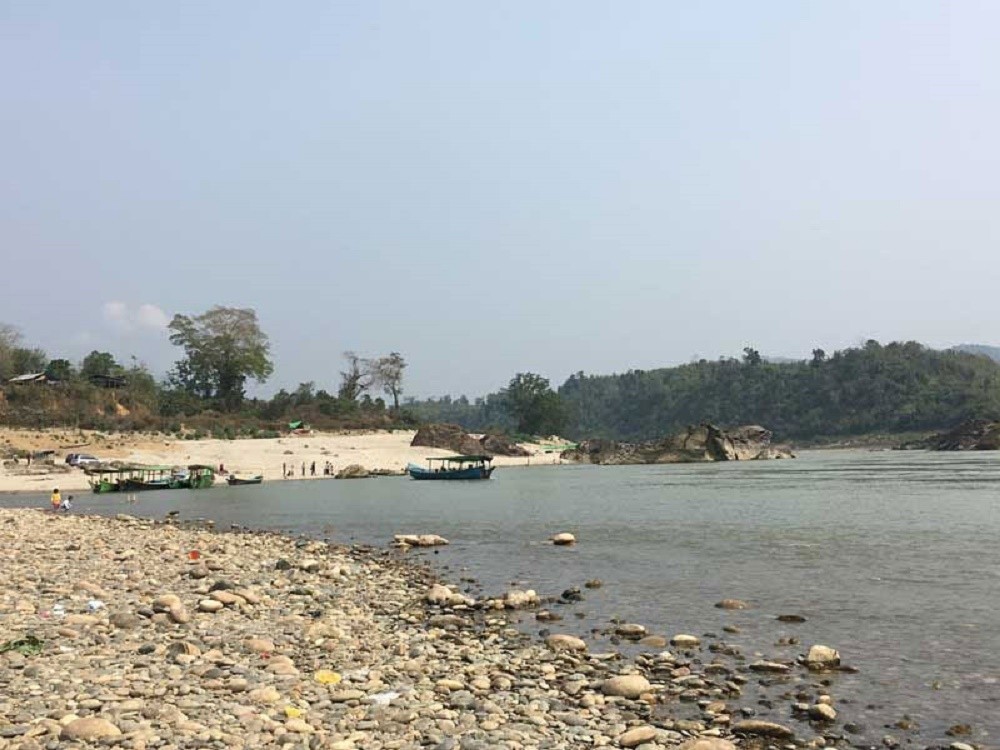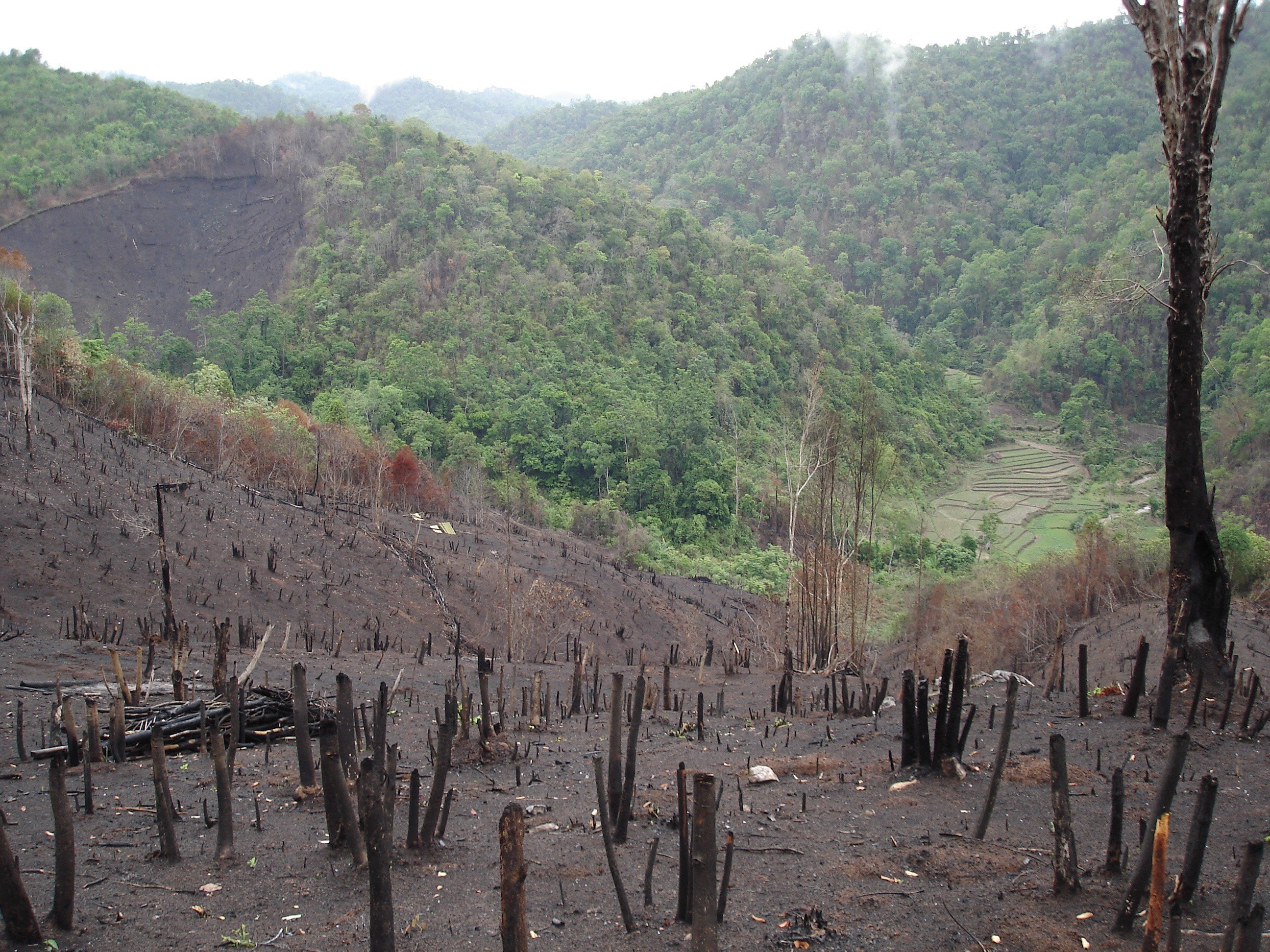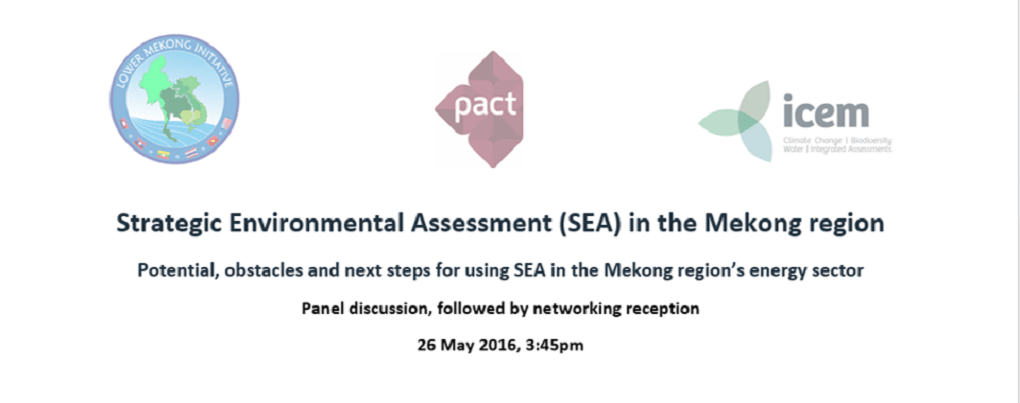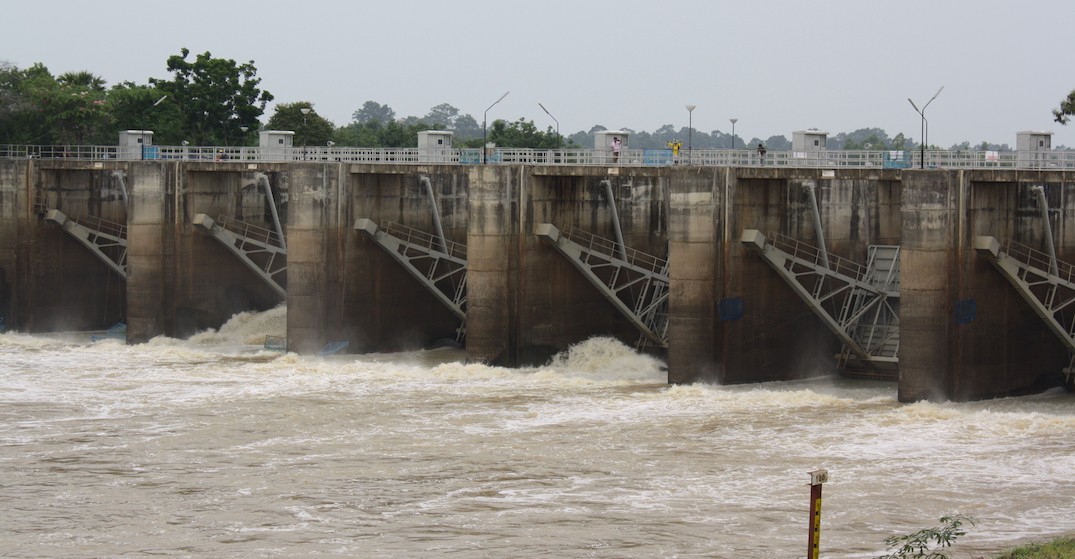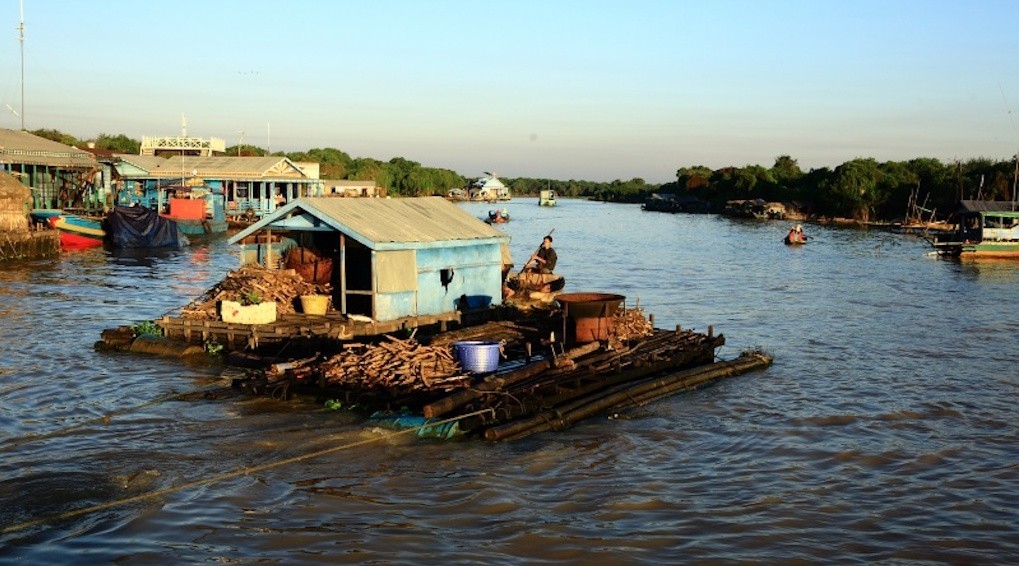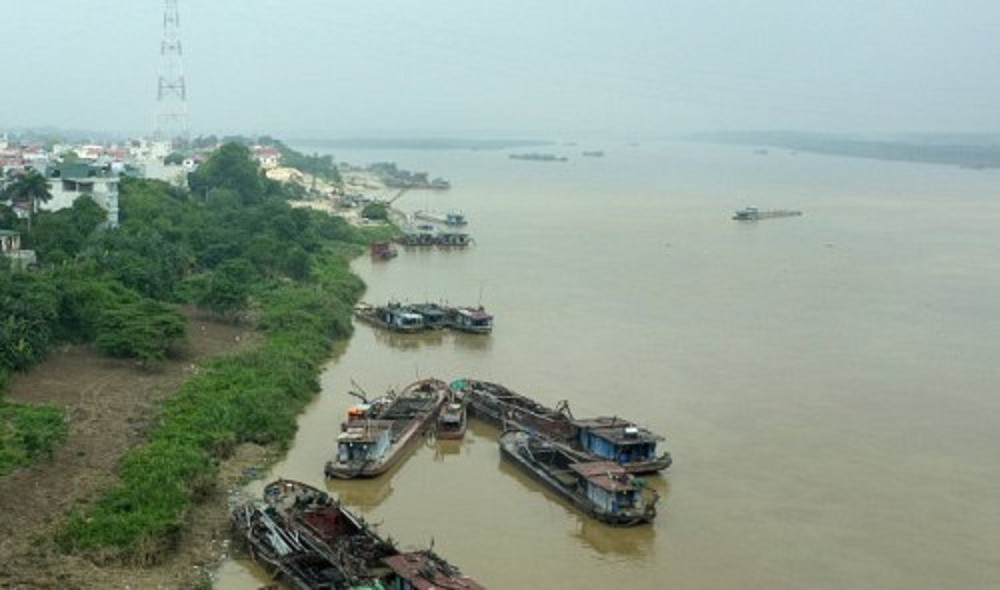Residents in the Myitsone Dam project area have urged President Htin Kyaw and the new government to end the Myitsone project so that relocated villagers can return to their villages
“If the new government does not end this project, how must we, the residents, live? Our hearts are pounding. I want to cry. We have suffered repeatedly from troubles. If the project is not cancelled, I am sure that I will die there,” Ja Hkaung, whose farmland in Tan Hpe village was confiscated due to the project, said in a press conference.


